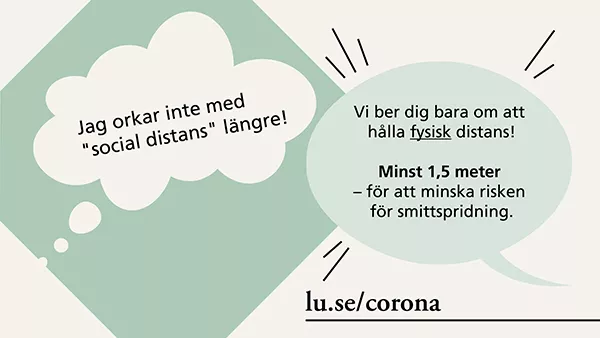Studies in the literature have provided conflicting evidence about the effects of background noise or music on concurrent cognitive tasks. Some studies have shown a detrimental effect, while others have shown a beneficial effect of background auditory stimuli. The aim of this study was to investigate the influence of agitating, happy or touching music, as opposed to environmental sounds or silence, on the ability of non-musician subjects to perform arithmetic operations. Fifty university students (25 women and 25 men, 25 introverts and 25 extroverts) volunteered for the study. The participants were administered 180 easy or difficult arithmetic operations (division, multiplication, subtraction and addition) while listening to heavy rain sounds, silence or classical music. Silence was detrimental when participants were faced with difficult arithmetic operations, as it was associated with significantly worse accuracy and slower RTs than music or rain sound conditions. This finding suggests that the benefit of background stimulation was not music-specific but possibly due to an enhanced cerebral alertness level induced by the auditory stimulation. Introverts were always faster than extroverts in solving mathematical problems, except when the latter performed calculations accompanied by the sound of heavy rain, a condition that made them as fast as introverts. While the background auditory stimuli had no effect on the arithmetic ability of either group in the easy condition, it strongly affected extroverts in the difficult condition, with RTs being faster during agitating or joyful music as well as rain sounds, compared to the silent condition. For introverts, agitating music was associated with faster response times than the silent condition. This group difference may be explained on the basis of the notion that introverts have a generally higher arousal level compared to extroverts and would therefore benefit less from the background auditory stimuli.
The aim of this study was to investigate the influence of background music on the ability of non-musician subjects to perform arithmetic operations. For this purpose, the effect of different types of music, environmental noise and silence on the performance of each subject was compared.
Studies that have focused on this matter have taken into account numerous cognitive processes to the extent that the available literature in this area is very heterogeneous and, therefore, difficult to compare. Additionally, the study of this matter has produced contradictory results (see [1] for a review). A meta-analysis performed by Kämpfe and colleagues [2] showed that background music does not have a uniform effect on the performance of tasks. It seems that listening to music has a positive effect on motivational processes and emotional reactions but has a negative effect on cognitive processing (especially memory and language).
For example, listening to music while driving has been shown to improve one’s mood, but it is not clear how it affects performance [3] (van der Zwaag et al., 2012). Beh and Hirst [4] showed that high intensity music decreased performance during high-demand conditions in driving tasks. The positive effect of listening to music on mood has precise neurobiological bases. For example, the fMRI study by Menon and Levitin [5] showed that listening to music modulates the activity of structures involved in the dopaminergic reward system, such as the nucleus accumbens (NAc) and the ventral tegmental area (VTA), which also belong to the circuits of pleasure (see also [6]). Indeed, the so-called arousal-mood hypothesis posits that listening to music positively affects task performance by influencing arousal (alertness state) and mood [7].



